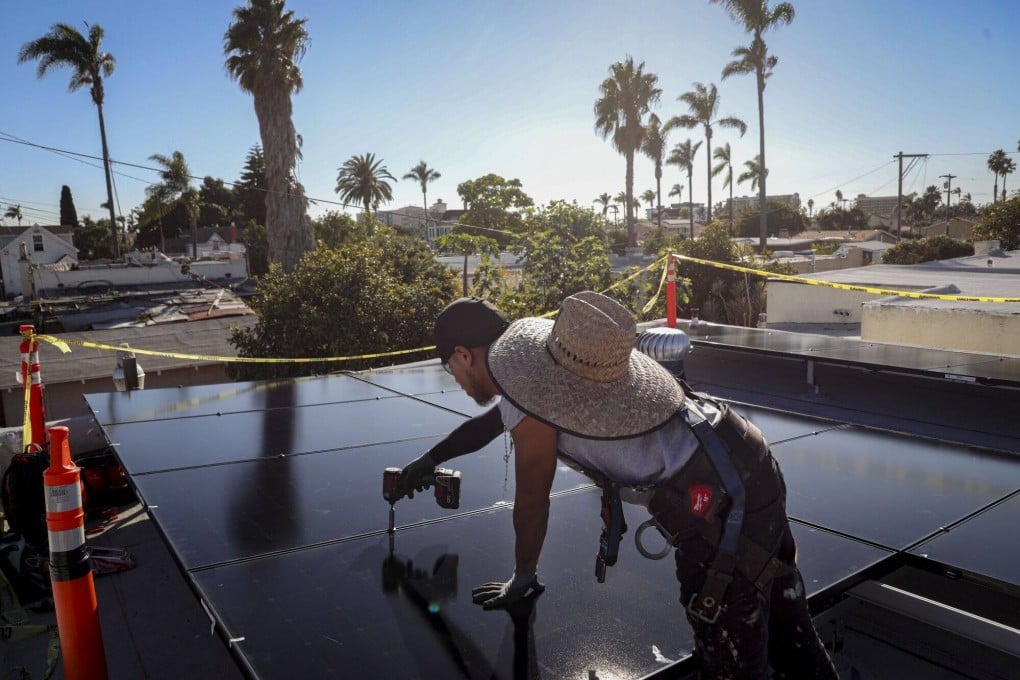Advertisement
Inside Out | US protectionist craze hasn’t done its economy any favours
- Studies show that tariffs have not only hit America’s economy, but have also failed to meaningfully reduce trade deficits
Reading Time:3 minutes
Why you can trust SCMP
2

It was during Bill Clinton’s 1992 presidential campaign that Jim Carville, his campaign strategist, stole the show with his immortal quip: “It’s the economy, stupid.”
Carville may have been right at the time. The US was, after all, struggling to recover from a recession, and the quip helped Clinton win the election. But, more often than not, economics and trade seem to play a small – even peripheral – role in election outcomes. That’s a pity, because much economic harm might otherwise have been avoided, and the present battle between Donald Trump and Kamala Harris seems set to be no exception.
In truth, neither Trump nor Harris have spent much time focused on economic issues. Inflation is an abiding concern, but as it slips back below 3 per cent, and as the long-predicted recession remains elusive, electoral attention could well be distracted elsewhere. But, when they have turned to trade and economics, many of their ideas seem at best mistaken and at worst potentially harmful.
Most worrying is what Maurice Obstfeld at the Peterson Institute recently called “a deep distrust of economic openness” – a bipartisan consensus that the open trade which has been nurtured by the US for the past seven decades is doing more harm than good to the nation.
Trade liberalisation is no longer recognised as a massive contributor to economic growth and poverty reduction worldwide, but perceived as a net negative that is harming US manufacturers and workers, as well as the country’s best interests.
Trump and his trade adviser Robert Lighthizer promise that, if returned to power, they would double down on the tariff protections launched in 2018 and then mainly targeted at China. Meanwhile, Democrats around President Joe Biden and his aspiring heir Harris are rallying to protect US workers and rebuild America as a manufacturing superpower – even though the impact is likely in net terms to be negative.
Advertisement
Select Voice
Choose your listening speed
Get through articles 2-3x faster
1.1x
220 WPM
Slow
Normal
Fast
1.1x
